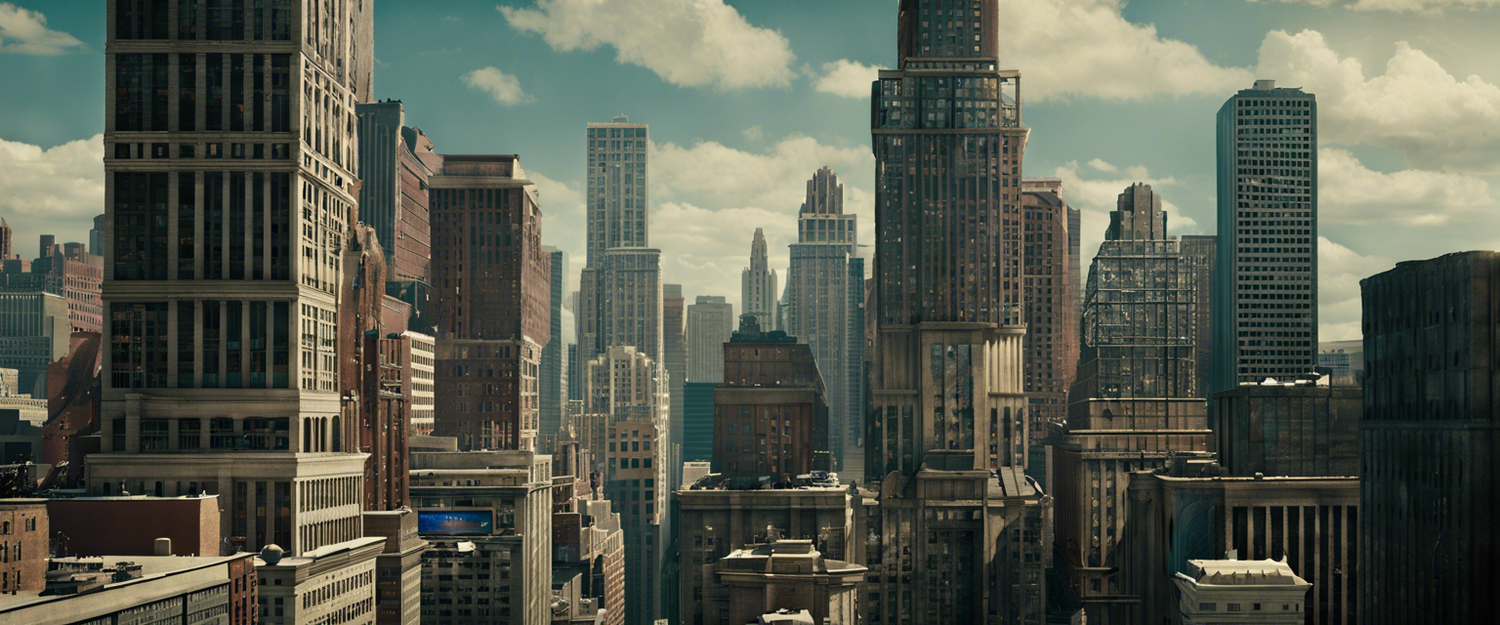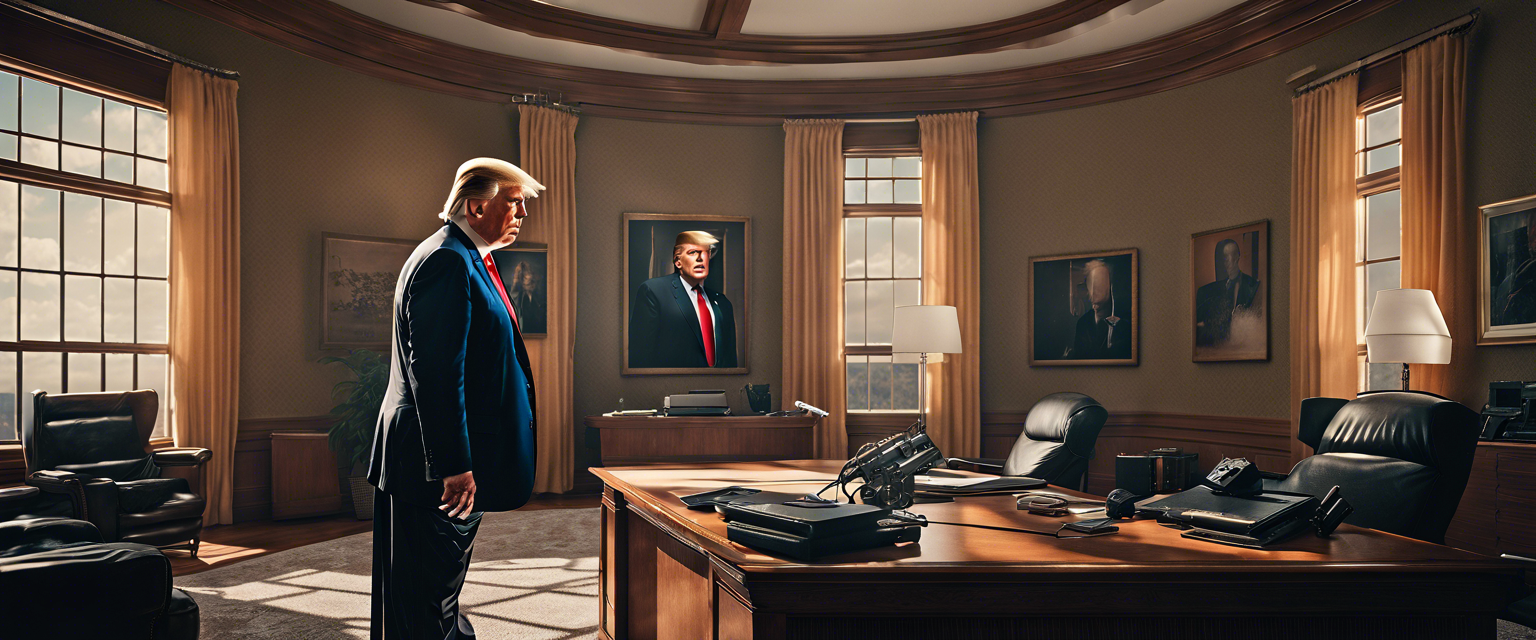Megalopolis Trailer Controversy: A Deep Dive
In the fast-paced world of Hollywood, few things are as daunting as managing public perception. Recently, Lionsgate faced a notable challenge when they released a trailer for the highly anticipated film Megalopolis, directed by the renowned Francis Ford Coppola. Shortly after its release, the trailer sparked outrage due to the inclusion of fabricated negative quotes about Coppola's previous works, notably The Godfather and Apocalypse Now.
The Initial Outrage
Reports from critics, including Vulture’s Bilge Ebiri, uncovered that the negative critical quotes featured in the trailer were not genuine. This revelation led to immediate backlash from both the film community and moviegoers alike, prompting Lionsgate to retract the trailer.
Lionsgate's Response
Following the criticism, a spokesperson for Lionsgate issued a formal apology, stating, "Lionsgate is immediately recalling our trailer for Megalopolis… We are sorry." This statement highlighted the studio's commitment to rectifying the situation and acknowledged the errors made during the vetting process.
Speculations Regarding AI Involvement
The incident stirred discussions about the possible influence of generative AI in content creation. Some speculated that the quotes might have originated from tools such as OpenAI’s ChatGPT, which has the capability to generate text, including fabricated quotes. This concern was exacerbated by a recent incident where a lawyer mistakenly cited non-existent judicial decisions produced by ChatGPT.
The Misattribution of Quotes
In addition to the overall public outcry, further investigation revealed instances of misattributed quotes. A notable case involved a staff member from Variety who was falsely quoted about their review of Bram Stoker’s Dracula. Furthermore, a quote attributed to the late Roger Ebert concerning Dracula was, in fact, taken from his review of the 1989 film Batman.
Lessons Learned for the Film Industry
This incident serves as a reminder of the importance of accuracy and honesty in marketing, particularly in an industry that thrives on reputation and public perception. The use of AI in creative processes, while innovative, must be approached with caution to avoid misleading audiences.
Conclusion
The controversy surrounding Megalopolis highlights a critical juncture for filmmakers and marketers alike. As the industry grapples with new technology, ensuring the authenticity of content will remain paramount. Lionsgate's swift response is commendable, but the incident raises questions about the future intersection of AI and creative content.
For More Information
To stay updated on the latest film news and insights, consider following reputable sources and engaging with community discussions about film integrity and marketing ethics.



Leave a comment
All comments are moderated before being published.
This site is protected by hCaptcha and the hCaptcha Privacy Policy and Terms of Service apply.